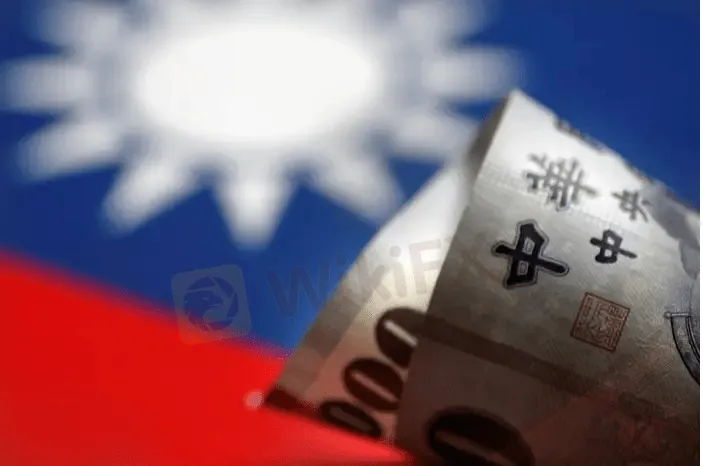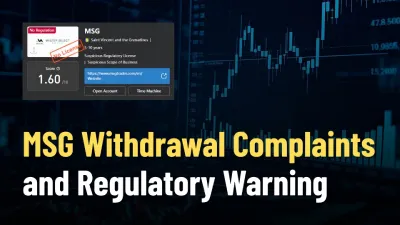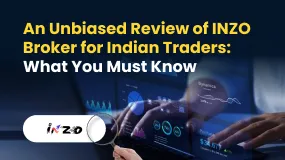简体中文
繁體中文
English
Pусский
日本語
ภาษาไทย
Tiếng Việt
Bahasa Indonesia
Español
हिन्दी
Filippiiniläinen
Français
Deutsch
Português
Türkçe
한국어
العربية
Further pain in store for Asian currencies after turbulent first-half
Abstract:Asian currencies will wallow in the near-term, analysts forecast this week, with any respite from their first-half losses only likely to come in the form of proactive policy normalization by regional central banks combined with a Chinese recovery.

A mix of elevated commodity prices and narrowing interest rate differentials have piled pressure on most Asian currencies, with some hitting multi-year lows in recent weeks.
Foreign money has flowed out of emerging Asia, excluding China, for five months in a row in the face of a reluctance among central banks to hike rates.
The Taiwanese dollar, South Koreas won and the Philippine peso have all weakened by more than 6.8% against a strong U.S. dollar this year, while the Indian rupee is near record lows.
Mounting fears of a global recession have forced investors to flee stocks and riskier Asian assets in favor of bonds and the greenback, which recently hit a nearly two-decade high against major currencies.
While Asian central banks have turned more hawkish recently to control spiking prices, a focus on growth and relatively controlled inflation has meant rate hikes have not been as aggressive as those by the U.S. Federal Reserve.
“Rate hikes (in Asia) are ultimately going to be of a smaller quantum and at a slower pace compared to the U.S. Fed. So, policy rate differentials will continue to be moving against Asia,” Duncan Tan, Rates Strategist at DBS Bank, said.
Of the 13 analysts and strategists interviewed this week, more than half expect Asian currencies to remain under pressure as long as aggressive Fed tightening persists.
“We could possibly see EMFX stabilization once peak hawkishness is reached, but any meaningful gains will hinge on growth and (the) extent of U.S. dollar pullback,” Christopher Wong, FX strategist at Maybank, said.
Although a rejuvenation of Chinas economy after the lifting of COVID-19 curbs could drive flows back into Asia, investors will refrain from placing big bets until they see data which allows them to gauge the pace of any recovery.
“The reality is that China finds itself opening to a slowing global economy. This is leaving the outward-facing nation vulnerable going into the second half of 2022,” said Daniel Dubrovsky, a strategist with IG.
Net commodity exporter Indonesia, historically regarded as susceptible to global policy tightening, has remained resilient this time, with strong commodity exports and reopening from COVID-19 restrictions helping it outperform other markets.
The Jakarta Stock Exchange Composite Index (JCI) is the only major equity index in the region to post significant gains this year, jumping nearly 5%.

Disclaimer:
The views in this article only represent the author's personal views, and do not constitute investment advice on this platform. This platform does not guarantee the accuracy, completeness and timeliness of the information in the article, and will not be liable for any loss caused by the use of or reliance on the information in the article.
Read more

OmegaPro Review: Traders Flood Comment Sections with Withdrawal Denials & Scam Complaints
Has your deposit and withdrawal scenario worsened after the initial good experience at OmegaPro, a UK-based forex broker? Does the broker ask you to invest when withdrawing your funds? Did the broker officials trap you with their false promises of compound interest on your deposit? Have you found it impossible to transfer funds from your OmegaPro login to another broker’s account? Do you witness a lack of support when dealing with these unfortunate trading circumstances? These are no longer isolated complaints — they have allegedly become the reason for OmegaPro’s tarnished trust and reputation within the trading community. Read on as we share the OmegaPro review in this article.

Inzo Broker Review 2025: A Complete Look at Features, Costs and User Claims
Inzo Broker presents itself as a modern forex and CFD broker, started in 2021 and registered in Saint Vincent and the Grenadines. At first glance, it offers an attractive package for traders: access to the popular MetaTrader 5 (MT5) and cTrader platforms, different types of accounts for various budget levels, and a wide selection of assets to trade. These features are made to attract both new and experienced traders. However, a closer look shows a big difference between these advertised benefits and the real risks. The broker works under an offshore regulatory system, which gives limited protection to investors. More importantly, Inzo has collected many serious user complaints, especially about withdrawing funds and changing trading conditions unfairly. This mix of weak oversight and serious user claims creates a high-risk situation that potential clients must carefully think about. This review will break down these parts to give a clear, fact-based view.

MSG Withdrawal Complaints and Regulatory Warning
MSG (Master Select Group) withdrawals denied. Broker is unlicensed and unregulated. NFA license claim unverified.

An Unbiased Review of INZO Broker for Indian Traders: What You Must Know
INZO is a fairly new company in the online trading world. It started in 2021 and is registered in Saint Vincent and the Grenadines. Traders in India and around the world have noticed this broker because it offers access to popular trading platforms such as MetaTrader 5 (MT5) and cTrader. It also lets you trade many different things, such as foreign currencies, stocks, and digital currencies. The broker tries to be easy to use with features such as a low minimum deposit, which can be appealing to new traders. However, when you look more closely, the situation becomes more complicated. INZO operates as an offshore-regulated company, which brings certain risks that every trader needs to understand. Also, user feedback is very mixed - there are many serious complaints alongside some positive experiences. Read on this in-depth review of the broker.
WikiFX Broker
Latest News
BASF CEO: EU CO₂ Trading Is A "Destruction Mechanism" For European Industry
Is Fyntura a Regulated Broker? A Complete 2025 Broker Review
Zetradex Exposed: Withdrawal Denials, Account Freeze & Bonus Issues Hurt Traders
Is Forex Zone Trading Regulated and Licensed?
PINAKINE Broker India Review 2025: A Complete Guide to Safety and Services
Exness Restricted Countries List 2025 Explained
Is Uniglobe Markets Legit? A 2025 Simple Guide to Its Safety, Services, and User Warnings
Is Inzo Broker Safe or a Scam? An Evidence-Based Analysis for Traders
WikiEXPO Dubai 2025 “Welcome Party” Kicks Off Tonight!
He Trusted a WhatsApp Group and Lost RM659,000
Currency Calculator




